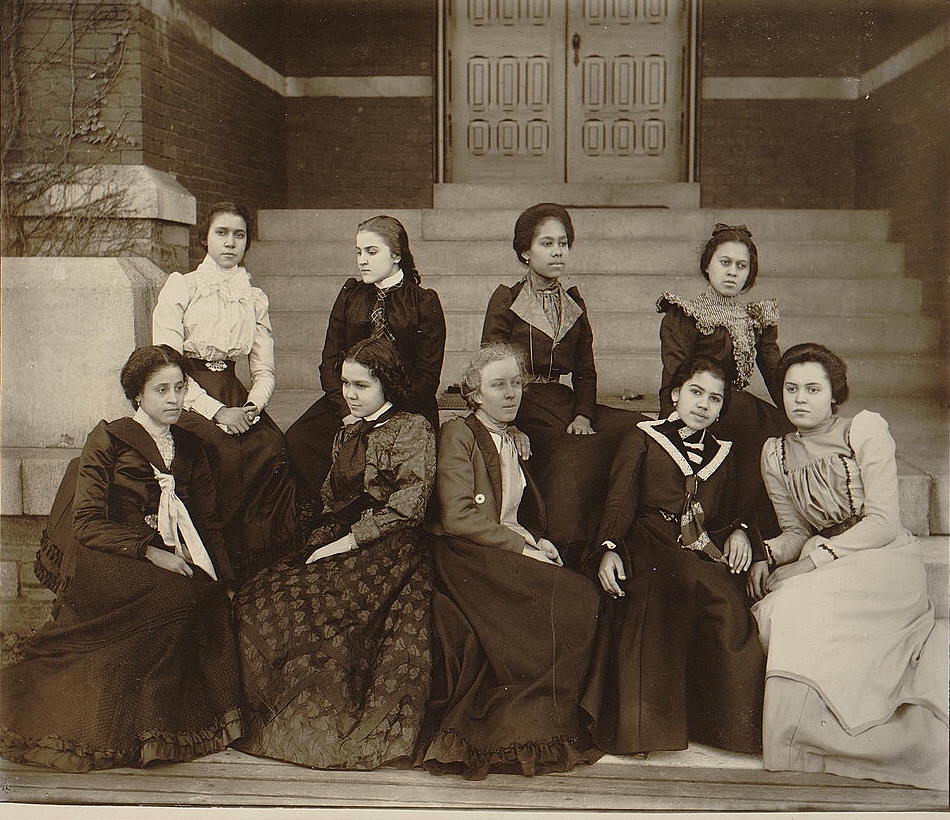#CFP: Black Women and 19th Century America

When discussing the U.S. Civil Rights Movement, numerous individuals and organizations tend to focus on the mid-twentieth century to highlight the multitude of ways Black people, especially women, fought for racial and gender equality throughout American society. Scholars have done (and will undoubtedly continue to do) an exceptional job illuminating how influential Black women, from well-known historical figures (such as Gloria Richardson and Myrlie Evers-Williams) to lesser-known but just as important people (including the various Black employees at the racially integrated Moulin Rouge) made a difference in the movement. Their sacrifices and energies collectively demonstrate that Black women were (and remain) influential historical figures who fundamentally changed this country. But they were not alone, or even the first Black women to make such demands.
Turning one’s attention to the nineteenth century, for instance, it is clear that Black women repeatedly called for various localities, states, and the federal government to recognize Black people’s rights (including but not limited to their citizenship, civil, and human rights). For example, the collective research from scholars, including Drs. Brandi Clay Brimmer and James G. Mendez, illustrate the rich diversity of Black women who used their skills and commitment to establishing a more equitable society by directly challenging various forms of anti-Blackness and patriarchy. Whether it was northern freeborn women (such as Emelie Davis and Charlotte Forten) to freedwomen (including Susie King Taylor), Black women were agents of societal change at all levels. Their meaningful actions ranged from demanding equal access to public education to refusing to sit in racially designated seating on public transit.
By historically contextualizing how civil rights activism traces back generations before Brown v. Board, it is possible to add more depth to understanding how the modern Civil Rights Movement was born out of the rich history of Black agency. With that in mind, Black Perspectives, the award-winning blog of the African American Intellectual History Society, invites essays that center on Black women who used many methods and actions to challenge various systems of oppression in the U.S. during the late nineteenth and early twentieth centuries. We are looking for topics that include, but are not limited to, the following:
- Black women’s demands to establish a more inclusive public secondary school curriculum.
- The multitude of ways that Black women (including on the frontlines) supported the U.S. military.
- Black women performing civil rights demonstrations on various forms of public transit.
- The various ways that Black women, as entrepreneurs, challenged racial and gender notions in the U.S.
Submissions should be between 1000 and 1500 words. They must be submitted to the senior editors no later than June 1, 2023, by 11:59 pm Eastern time. With your submission, please provide your bio (250-300 words) and a headshot (for use if your essay is accepted).
All submissions will undergo a peer review process before they are accepted. Please click here for more details on the blog’s submission guidelines as well as information regarding format and citations.
Copyright © AAIHS. May not be reprinted without permission.